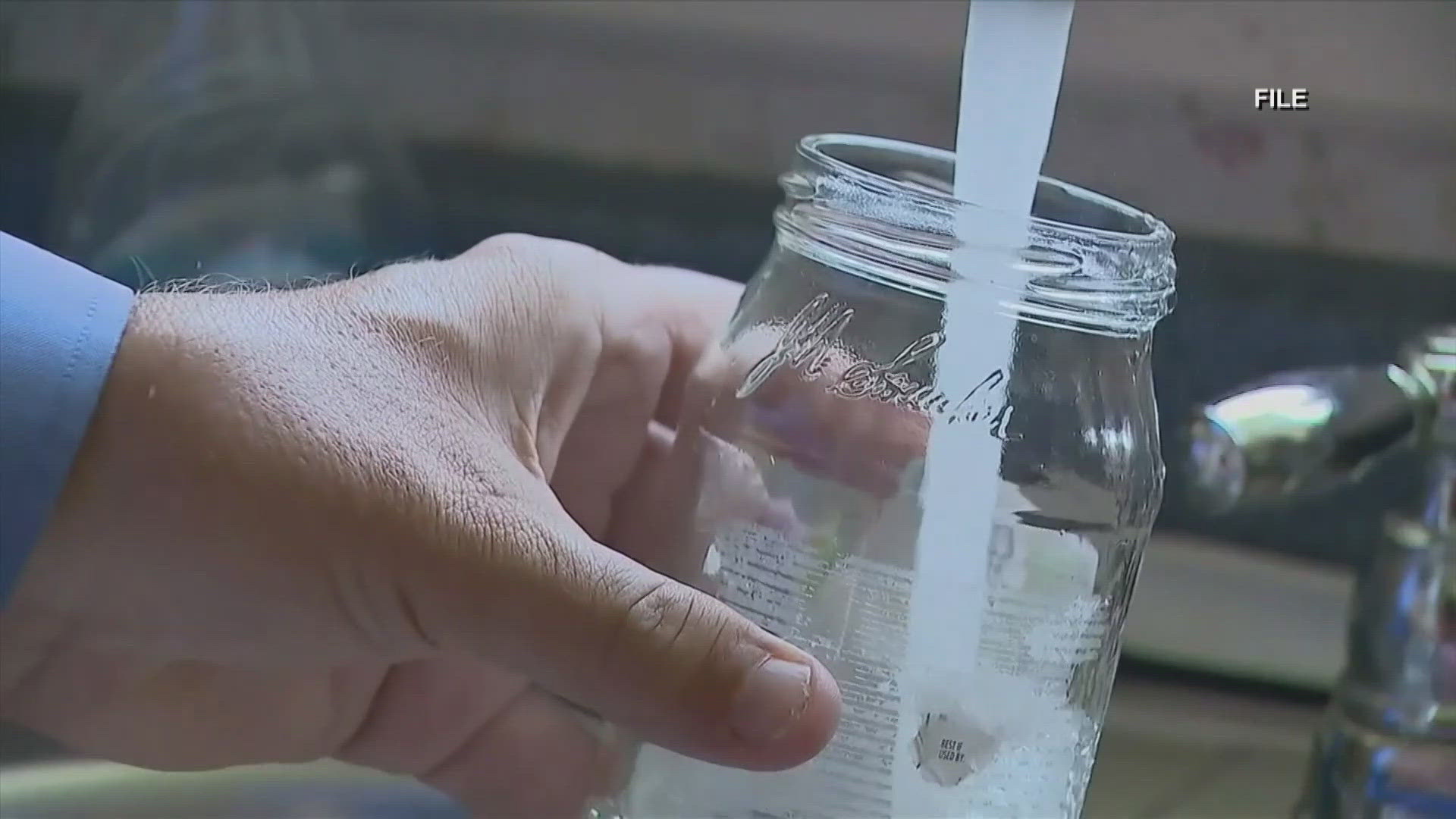COLUMBUS, Ohio — The long-standing practice of adding fluoride to public drinking water supplies has come under renewed scrutiny, sparking debates in communities across the United States.
Robert F. Kennedy, who president-elect Donald Trump nominated to lead the Department of Health and Human Services, wants to end fluoridated water.
As some cities move to remove fluoride from their water systems, health experts and concerned citizens find themselves at odds over the benefits and potential risks of this decades-old public health measure.
Dr. Kyle Brogan, a Delaware dentist is fighting for fluoride’s future. Brogan believes that removing fluoride from water, the level of cavities will increase.
The Centers for Disease Control and Prevention considers fluoridation one of the 10 great public health interventions of the 20th century, leading to a dramatic decline in cavities after 1945 when community fluoridation started.
Proponents of water fluoridation, including major health organizations like the American Dental Association and the CDC, argue that the practice has been instrumental in improving dental health nationwide. Studies have shown that fluoridated water can reduce tooth decay by approximately 25% over a person's lifetime.
Frank Zelko is an environmental historian and at one time, a critic of the anti-fluoride movement. Now, he says, it's time for fluoride to go.
“We should definitely consider doing that. Based on the fact that most countries in the world don't fluoridate their water and comparable countries to the US like France and Germany have never fluoridated their water and their dental health has improved at the same rate as the US,” he says.
A growing number of communities are reconsidering their fluoridation practices. Critics raise several concerns including individual choice.
Earlier this year, a federal study determined "with moderate confidence" that there is a link between higher levels of fluoride exposure and lower IQ in kids.
According to CBS News, the American Academy of Pediatrics has questioned the validity of the report, saying other reviews have come to different conclusions about fluoride's risks and benefits.
Some argue that adding fluoride to public water supplies amounts to medication without consent.
Others raise concerns about dosage control, arguing it's impossible to control individual fluoride intake through water consumption, potentially leading to overexposure. Others say while rare, excessive fluoride exposure can cause dental fluorosis, characterized by white streaks or brown stains on teeth.
In the United States, 170 communities have eliminated fluoride from their water systems.
Zelko says a 25% decline in cavities due to fluoridated water isn’t enough to convince him it’s worth keeping.
“The topical application directly to teeth is far more effective than drinking it in the water,” he says.
Brogan disagrees.
Reporter Kevin Landers: "Is it more effective to use toothpaste, which is not ingested versus fluoride that is?"
"Think of water fluoridation and toothpaste acting synergistically. That 25% reduction with the use of fluoride in water you are drinking the water during the day and that’s kind of the low level of fluoride and throughout the day it’s kind of soaking your teeth and protecting your teeth while at night you’re getting a higher dose with toothpaste,” he says.
10TV reached out to the City of Columbus water department to find out what would happen should a federal ban on fluoridation go into effect.
“If federal guidelines change, the impact to Ohio would depend on how those guidelines are written. If the language specifies that all fluoride must be removed from drinking water, including that which is naturally occurring, Ohio would have to follow suit. If federal language simply removes a requirement to add fluoride or is mute on that issue, Ohio would maintain the flexibility to determine at the state level what amount if any would be required,” said a spokesperson.
While the debate continues, the scientific consensus largely supports the safety and efficacy of water fluoridation. The National Academies of Science reviewed studies on fluoride's cognitive effects and concluded that there was no "clear and convincing argument" that fluoride harmed cognitive development.
However, the controversy persists, with some studies suggesting potential negative effects, particularly in countries where fluoride levels far exceed those typically found in North American water supplies.
According to the Ohio EPA, federal law does not mandate that public water system use fluoride in water. However, an Ohio law does require that public water systems serving 5,000 or more people maintain a fluoride concentration between 0.8 mg/L and 1.3 mg/L.
"Ohio EPA will continue to monitor discussions regarding fluoride at the federal level but cannot speculate on how it could potentially impact Ohio," the agency said.

